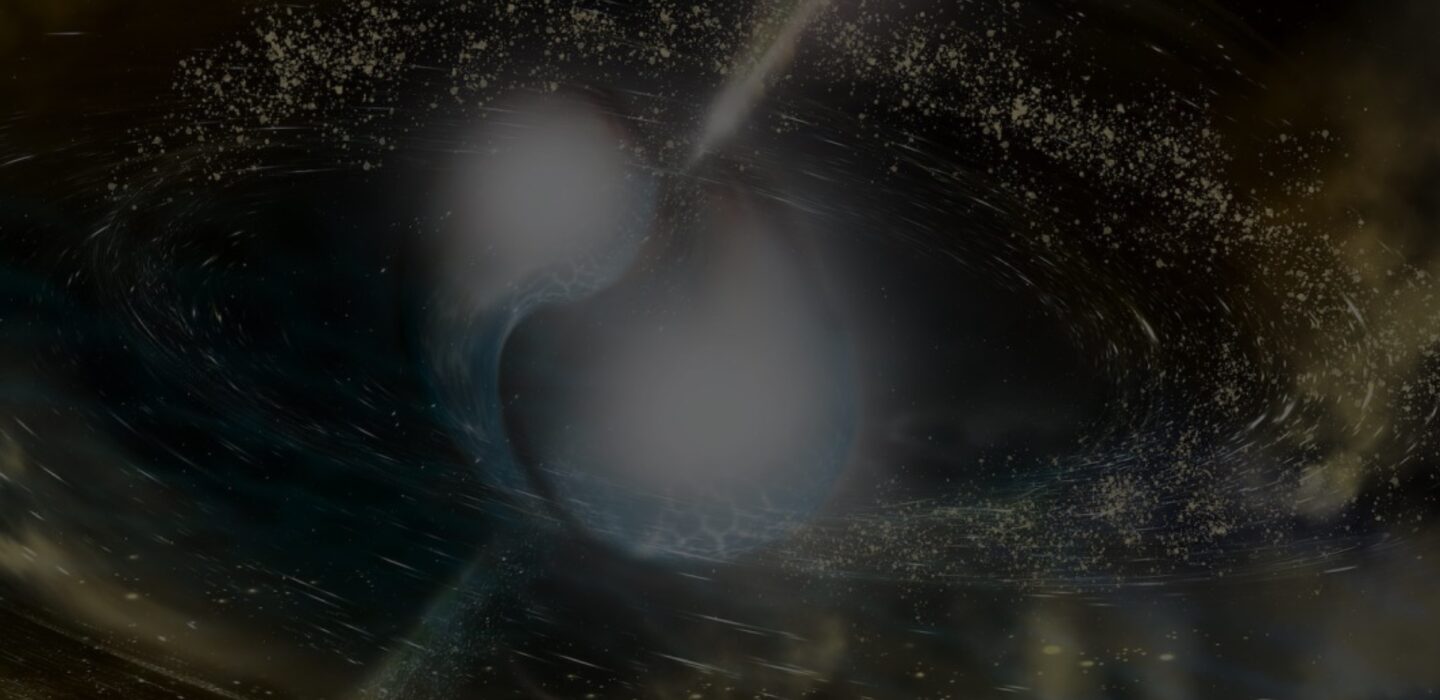Munazza Alam


Tuesday November 12th, 2024
4:00pm Eastern
Marlar Lounge 37-252/37-272 and via Zoom
"Munazza Alam is an Assistant Astronomer at the Space Telescope Science Institute. Her research focuses on characterizing the atmospheres of exoplanets. Munazza uses HST, JWST, and large ground-based telescopes to measure the compositions of Jupiters to super-Earths to understand their origins and evolution."
- Andrew Vanderburg
Characterizing the atmospheres of Jupiters to super-earths
Time-series transit observations of exoplanet atmospheres can provide insights into the formation and evolution of exoplanetary systems. In this talk, I will share the results of three surveys aimed at characterizing the atmospheres of highly irradiated planets ranging from rocky planets to hot Jupiters: 1) the JWST Cycle 1 Compositions Of Mini-Planet Atmospheres for Statistical Study (COMPASS) program which aims to understand population-level atmospheric trends for 1-3 R_earth planets using JWST/NIRSpec G395H (3-5 microns); 2) the Keck Young Planets (KYP) program, which searched for excess helium absorption at 1.083 microns with Keck II/NIRSPEC in three <500 Myr mini-Neptunes; and 3) the HUSTLE (Hubble Ultraviolet-Optical Survey of Transiting Legacy Exoplanets) program, an HST treasury program to probe transitions in atmospheric chemistry and structure across a range of equilibrium temperatures using WFC3/UVIS G280 (0.2-0.8 microns). From the results of these programs, we are beginning to place constraints on the prevalence and retention of primordial H/He envelopes in Jovian to sub-Jovian worlds.
Image
